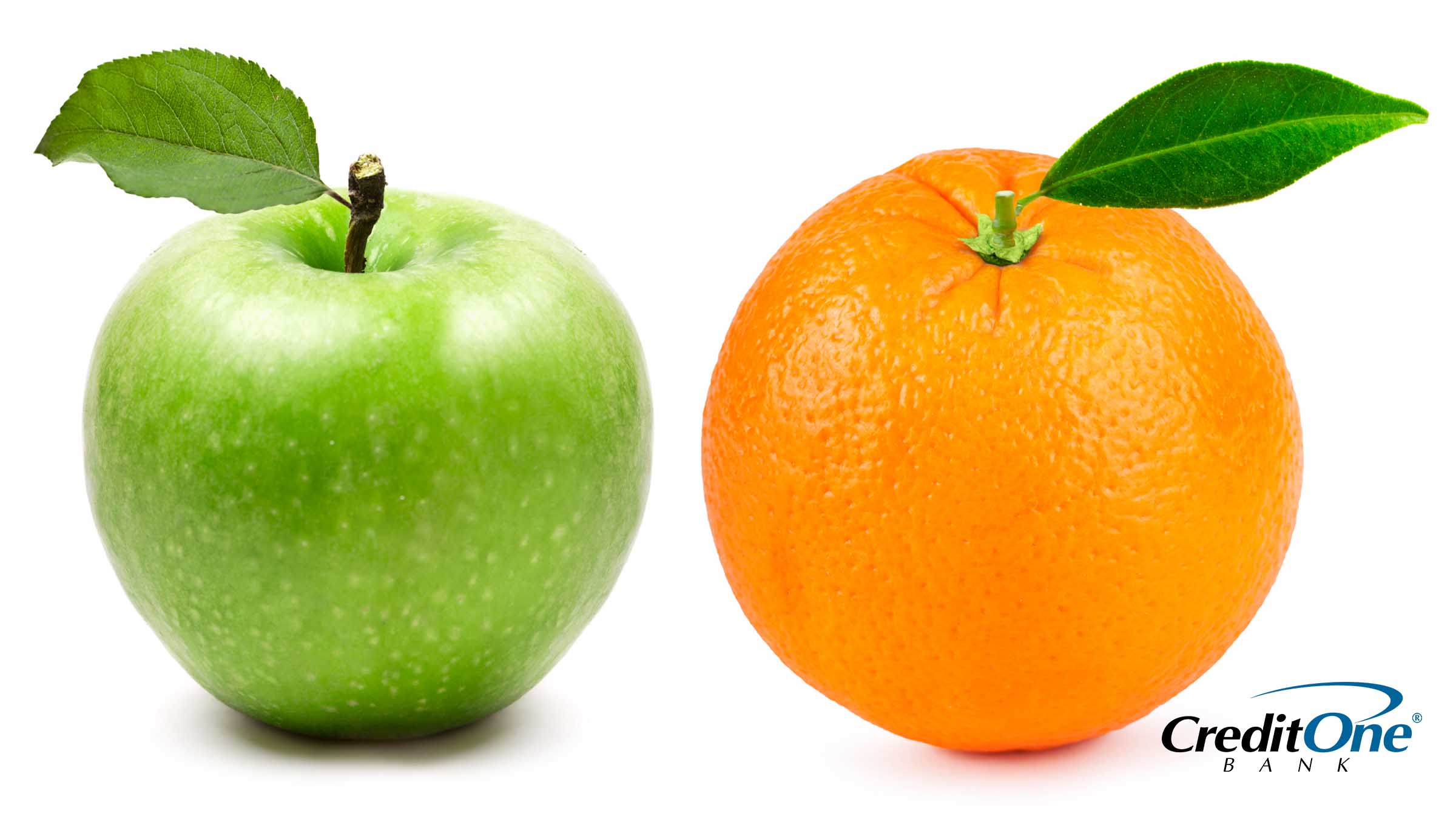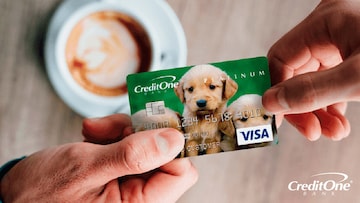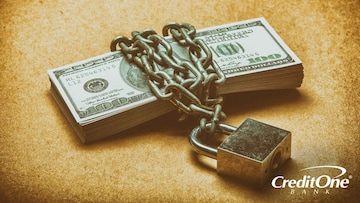Paying cash for your purchases makes it easier to limit your spending. If you’ve struggled with debt in the past and need to keep a close eye on your finances, paying cash is an effective way to do so because you can only spend the funds you have available. But choosing to pay with cash over a credit card or debit card could cost you. That’s because cash payments don’t offer any of the consumer perks of paying by credit card or debit card, including:
- Fraud, purchase, and return protection
- The ability to make online purchases with ease
- A record of payment even if the receipt is lost
- The potential to earn rewards
- More protection against loss or theft
While both debit cards and credit cards offer advantages over cash, there are unique advantages and disadvantages when using one of these cards over the other. A quick look at the pros and cons of each card may make deciding which one to use when you’re ready to buy an easier choice.
Pros of Using a Debit Card:
- A debit card can be a useful tool for sticking to a monthly budget. That’s because the amount available for purchases is limited to the available funds in your checking account.
- There are no interest charges or late payment fees when you use your debit card, since you are not borrowing money. You’re merely accessing your money.
- Depending on the perks offered at your financial institution, it may be possible to earn cash back rewards for qualifying transactions.
- A debit card offers users the ability to bypass a financial institution’s branch location and make cash withdrawals and deposits at participating ATMs.
- A debit card can be easily replaced if lost or stolen.
Cons of Using a Debit Card:
- Since the amount available for purchase is limited to your checking account balance, frequent account reconciliation is required to ensure there are sufficient funds available to pay for each transaction. Otherwise, you risk having your card declined at the cash register or being subject to overdraft or insufficient funds fees.
- Fraud protection is more time-sensitive with debit cards than with credit cards. If you wait more than two business days to inform your bank or credit union of a lost/stolen card or PIN, you could be liable for up to $500.00 of unauthorized charges.
- Using a debit card for travel can be challenging. Hotels and car rental companies place holds on funds, preventing the cardholder from accessing those funds while they’re on hold.
- Debit card use is not reported to the credit reporting agencies, so using one does nothing to help you build a positive credit history and healthy credit score.
Pros of Using a Credit Card:
- A credit card allows card members to make purchases up to a preset credit line, which could be more than you maintain in your checking or savings account. It essentially provides you with an instant loan.
- Some credit card issuers offer travel, accident, and baggage insurance for a small fee or at no additional cost.
- Fraud protection is greater than with a debit card. If fraud occurs on your card after it’s lost or stolen, your liability is limited to a maximum of $50.00.
- Making on-time payments and keeping your account balance low can help improve your credit score by establishing a positive payment history, which accounts for up to 35% of your credit score.
- If your credit card is a rewards card, there’s an opportunity to earn rewards with many or all purchases made with the card, depending on the card. Rewards may include cash back, airline miles, gift cards, free groceries or gas, or more, again, depending on the card.
- A credit card can be easily replaced if lost or stolen.
Cons of Using a Credit Card:
- Since a credit card essentially provides you with an instant loan, if you don’t exercise restraint and use it responsibly, you could find yourself with growing debt detrimental to your financial well-being.
- You are responsible for paying interest on your credit card balance—unless your credit card offers a grace period and you pay the balance in full each month.
- You may be subject to various fees or penalties with a credit card, particularly if you fail to get your payments in on time.
- Failure to make on-time payments of at least the minimum amount due will be reflected in your credit reports and could damage your credit score.
There may be times when using a debit card is advantageous and other times when using a credit card is a better option. Carrying both types of cards in your wallet, along with cash, keeps your financial options open and allows you to pick and choose the most advantageous times to use each.
If you’re looking to take advantage of some of the benefits credit cards have to offer, see if you Pre-Qualify for a Credit One Bank card in less than a minute—without harming your credit score.
Tracy Scott is a freelance writer who specializes in personal finance and higher education. As a contributor for Credit One Bank, she has combined her expertise in these two areas and managing credit to create informative, engaging content for readers. Her reading list always includes a seemingly odd mix of financial literacy articles and sweet romance novels. She holds a BA in Psychology from the University of Texas at Austin and has a background in higher education regulatory compliance.




![How Credit Cards Work for You [Infographic]](/content/dam/cob-corp-acquisition/images/articles/2021/03/104429 COC_13_102547_Forget Cash.jpg?imwidth=360)